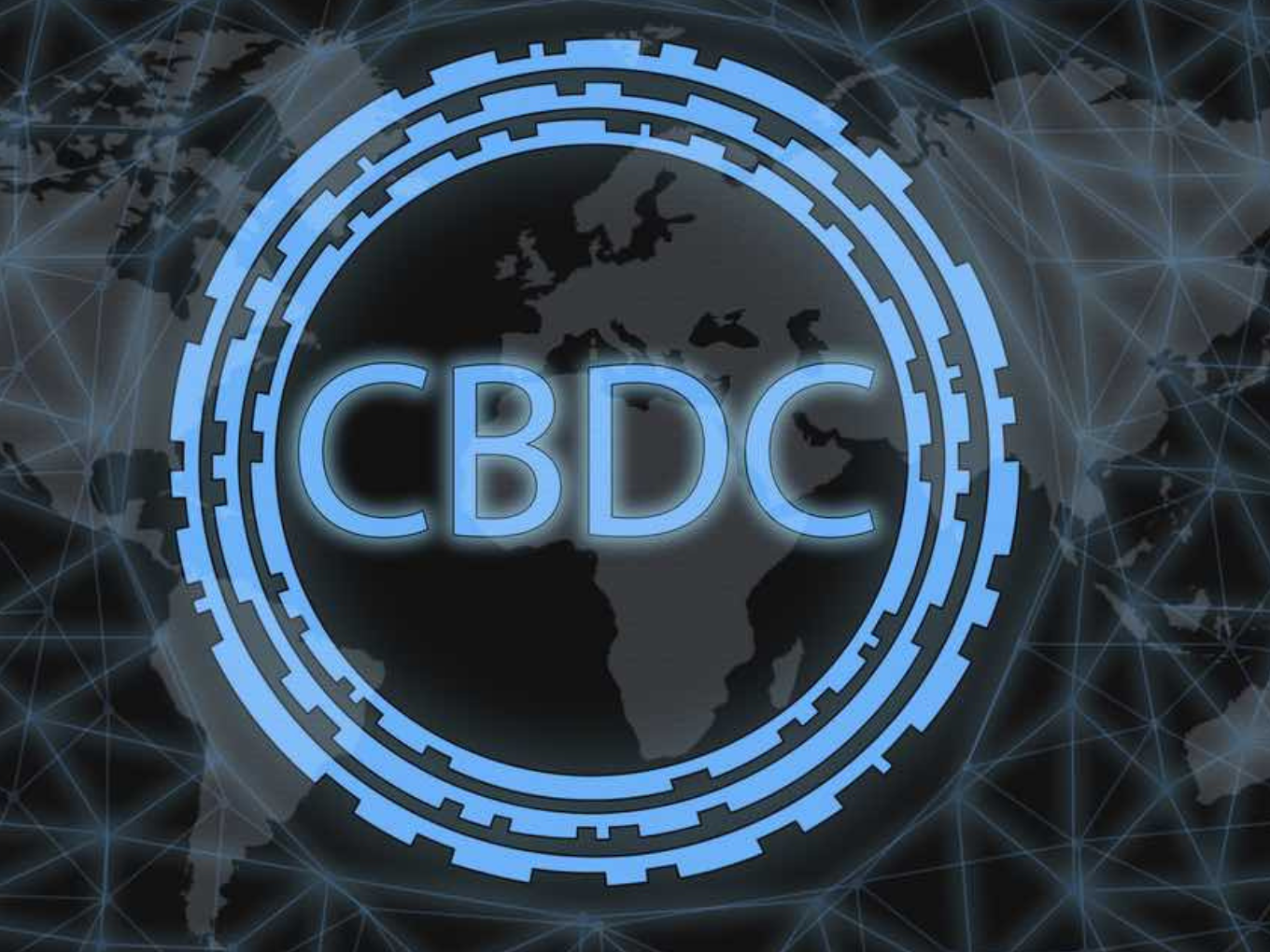House of Representatives Passes Bill to Block CBDC
The House of Representatives voted to pass the CBDC Anti-Surveillance State Act by a margin of 216 to 192, with 213 Republicans voting in favor. Three Democrats voted for the bill, while 192 Democrats opposed it.

